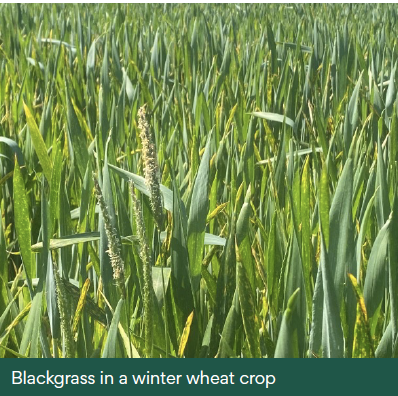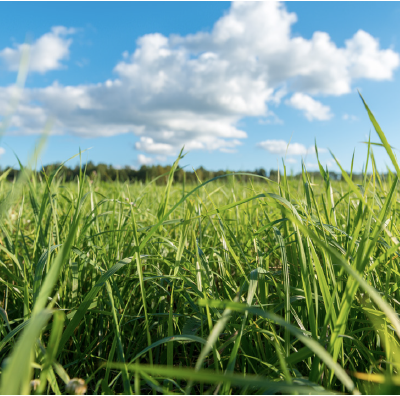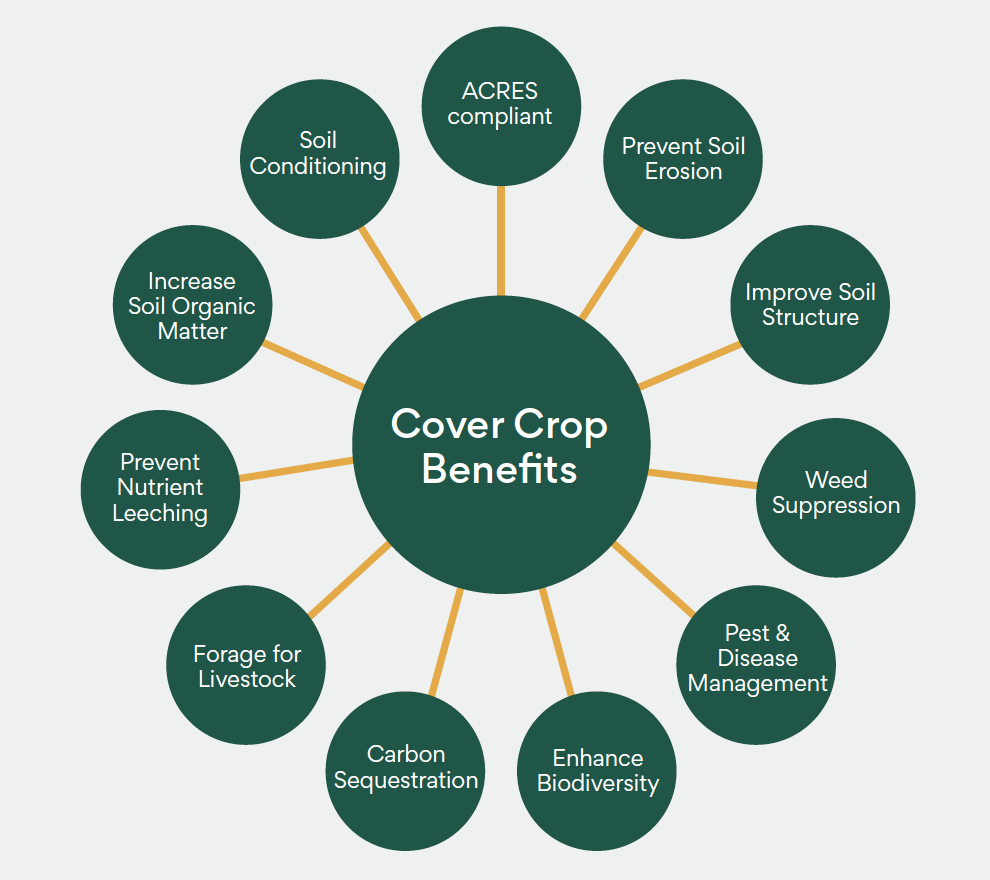Spring Crops

Spring barley crops are looking well across the northeast. For many, the final fungicide application has been applied and crops are moving through growth stages rapidly. Herbicide and PGR applications are also finished.
Grass Weeds
July is the perfect month to assess the level of grass weeds on your farm and to put a control plan in place. Identify the weeds present and record the location in the field. Identification can be more straight forward when grass weeds are headed out, if you are not sure contact your local Drummonds Agronomist for help. Spot spraying and hand rogueing can be recommended if the population is small. In serious cases desiccation of larger areas may be required if seeds have not already been set in the head.
Teagasc and the Irish Farmers Journal have launched a Weed Watch 2024 campaign to encourage farmers to avail of the resistance testing services. Populations of Blackgrass, Italian Ryegrass, Wild Oats, Brome, Annual Meadow Grass and many others can be tested for herbicide resistance.
See below of a list of cultural methods to control weeds on your farm:
- Ploughing: to a depth of at least six inches to ensure inversion of the furrow, completely burying the seed.
- Allow for a wider or narrower headland when ploughing as accumulations tend to thrive where the plough is lifted out at the headland. This is due to poor burial of the seeds in this area.
- Limit the spread of seeds by ensuring all machinery, for example, harvesters, trailers, balers etc., are cleaned out properly before entering a new field. Blowing machinery down with an air compressor is one of the best ways to do this.
- Use certified seed: the Department of Agriculture and the Irish Seed Trade Association have adopted a zero – tolerance approach to invasive weed species. Certified seed is Brome free.
- Rotation: a non-cereal break crop allows a wider range of herbicides to tackle the problem. A spring crop allows a stale seedbed over winter. Try to avoid continuous cereal crops. Also, as weed species germinate in different seasons, switching between spring and winter cropping can reduce the build-up of the weed seed bank.
- Shallow cultivate after harvest to encourage germination of seeds once germinated spray with glyphosate; and then plough.
- Delaying drilling date.

Cover Cropping
Using cover crops in your system can improve soil health, structure and reduce nutrient losses. Cover crops must be established immediately after harvesting. It is an excellent time to begin considering the cover crop mixtures suitable for your rotation. If Oilseed Rape is included in your rotation, we recommend sowing cover crop mixtures that do not contain brassicas to reduce the risk of Clubroot disease.
Green Cover must now be established by:
- September 15th for growers in the Agri-Climate Rural Environmental Scheme (ACRES), who have selected the cover crop option.
- October 31st on lands not intended for winter cropping.
ACRES Requirements:
- Timely Sowing: Cover crops must be sown immediately post-harvest & no later than September 15th.
- Seed Selection: Select at least two species from the approved list.
- Establishment: Use non-inversion crop establishment techniques only.
- Seeding Rates: Use recommended seeding rates for optimal establishment.
- Post-Sowing Management: Maintain the cover crop until at least January 1st.
- Crop Removal: After January 1st, light grazing or incorporation is permitted.
Drummonds provide a complete range of cover crop mixes that cater for the ACRES scheme, specific rotational requirements, and other farm needs. Our mixes such as Soil Booster Pro and Soil Booster Graze, are carefully formulated to improve soil structure, fertility, and overall farm productivity.
Potatoes
Potato blight remains the most serious disease of potatoes in Ireland. It is vital that crops are monitored regularly, and a control programme is in place on farm to combat the severe losses that this disease can cause. A new strain of potato blight has been identified in Ireland. The EU43 strain has been noted to be aggressive and resistant to some chemistry on the market. It is important for farmers to take note of the blight forecast issued by Met Eireann, and remember that continued wet, humid weather will favour the development of the disease.
Planning for Harvest 2024
July is the beginning of another busy time of year on tillage farms. It is vitally important to remember farm safety measures when operating heavy machinery and working long hours.
We would like to wish all our customers a safe and prosperous harvest and thank all for their continued support throughout the growing season.


To View Drummonds Connect Newsletter as pdf - Click Here
To contact your local Drummonds Agronomist / Branch - Click Here


